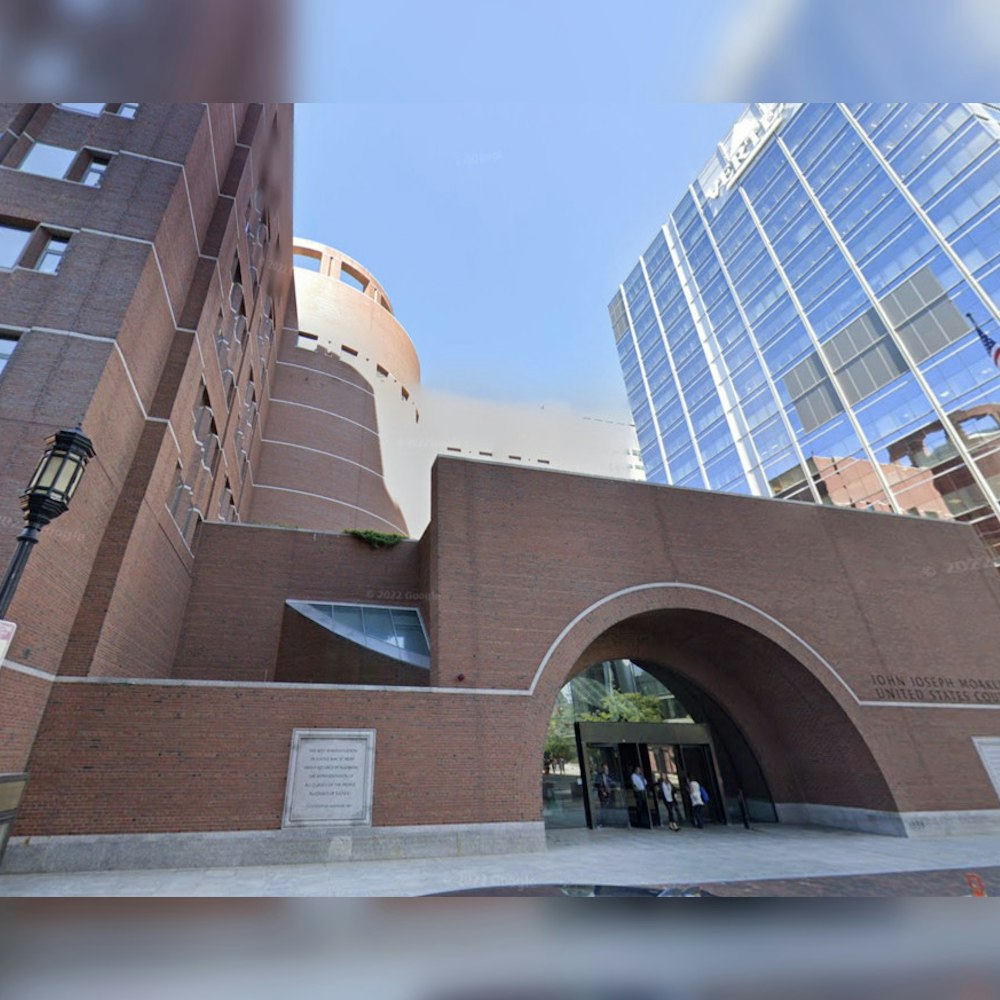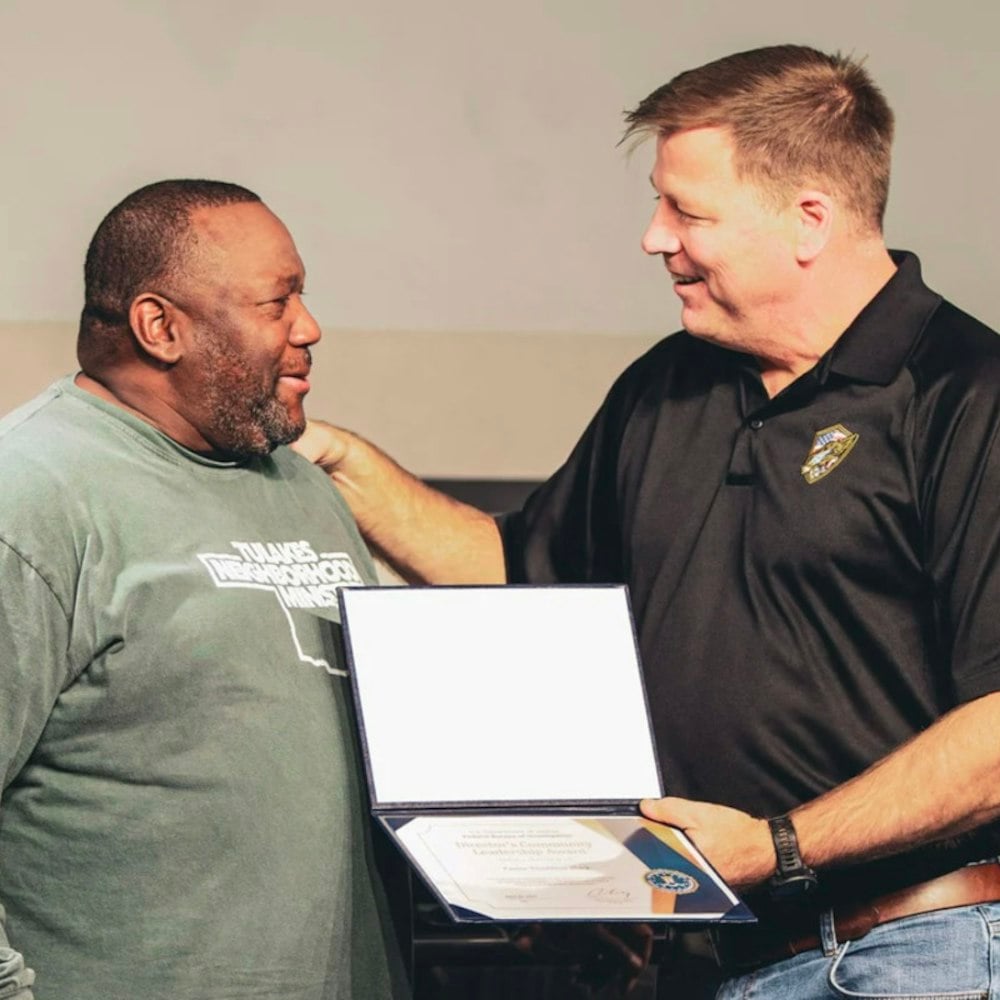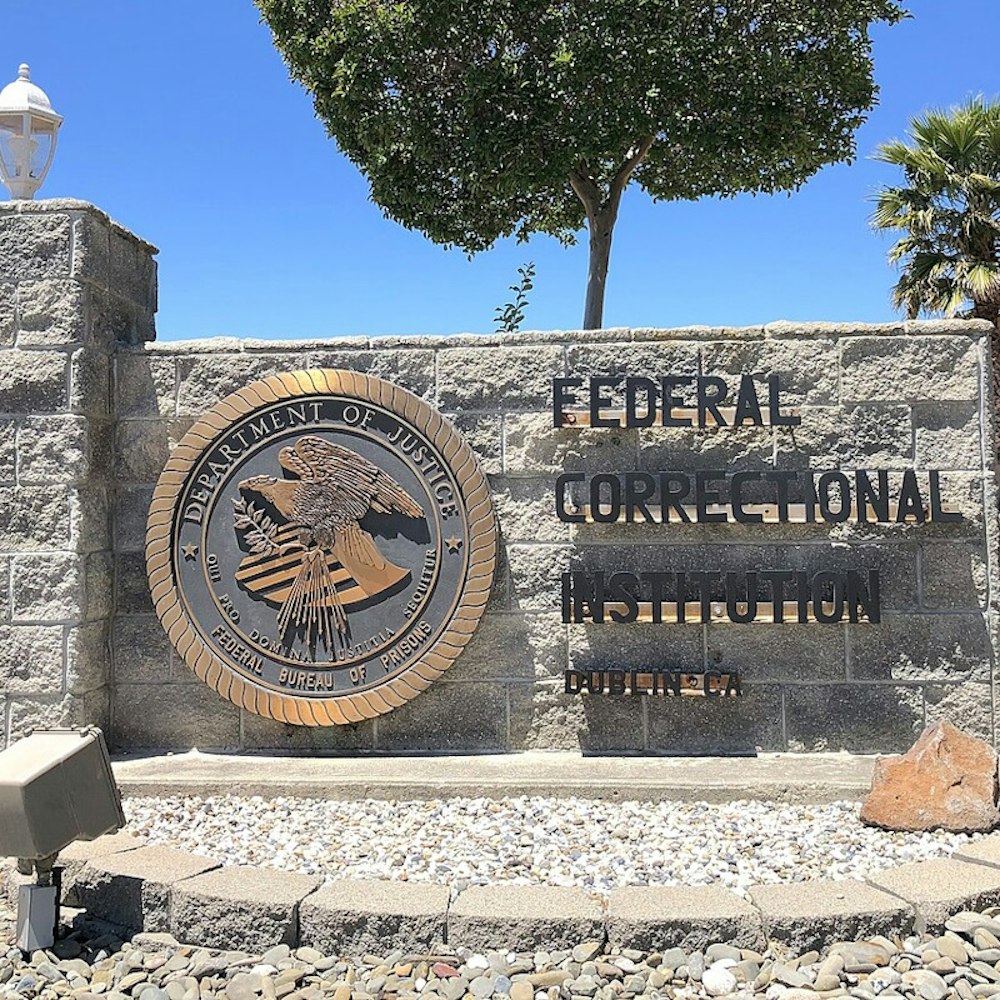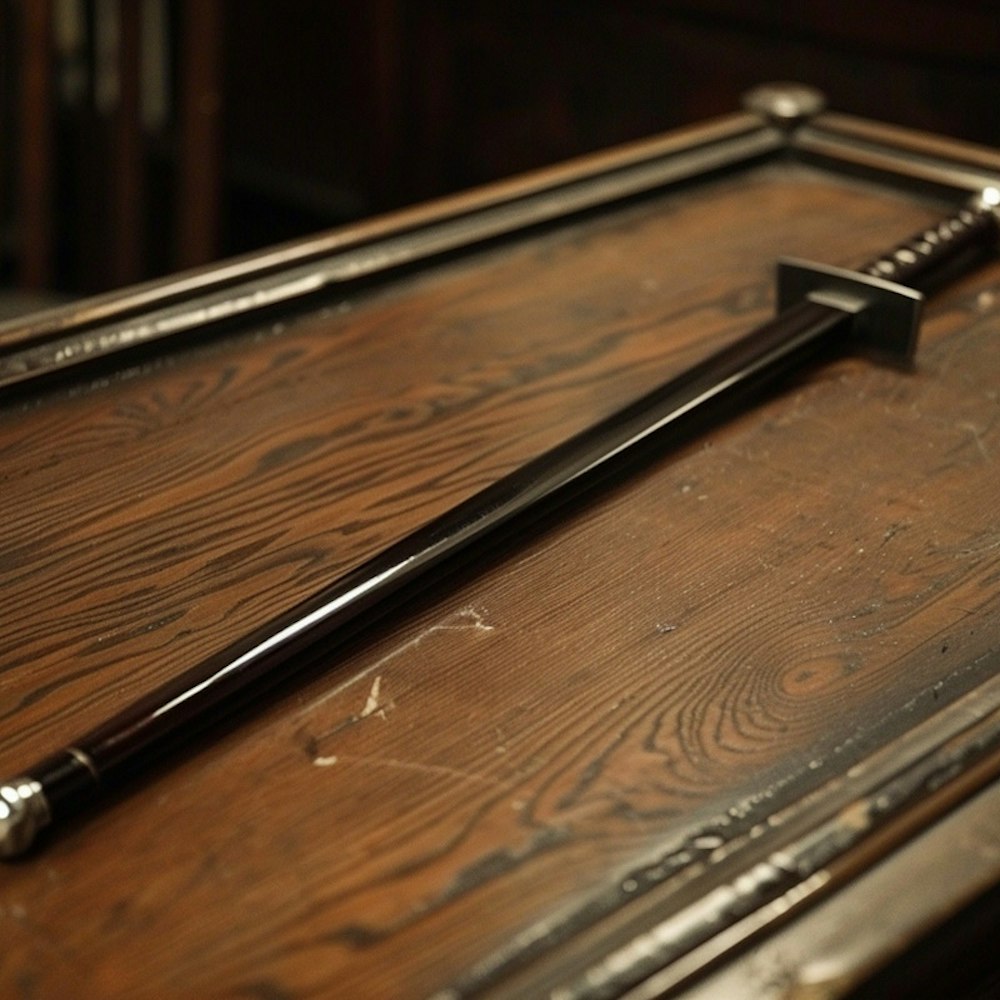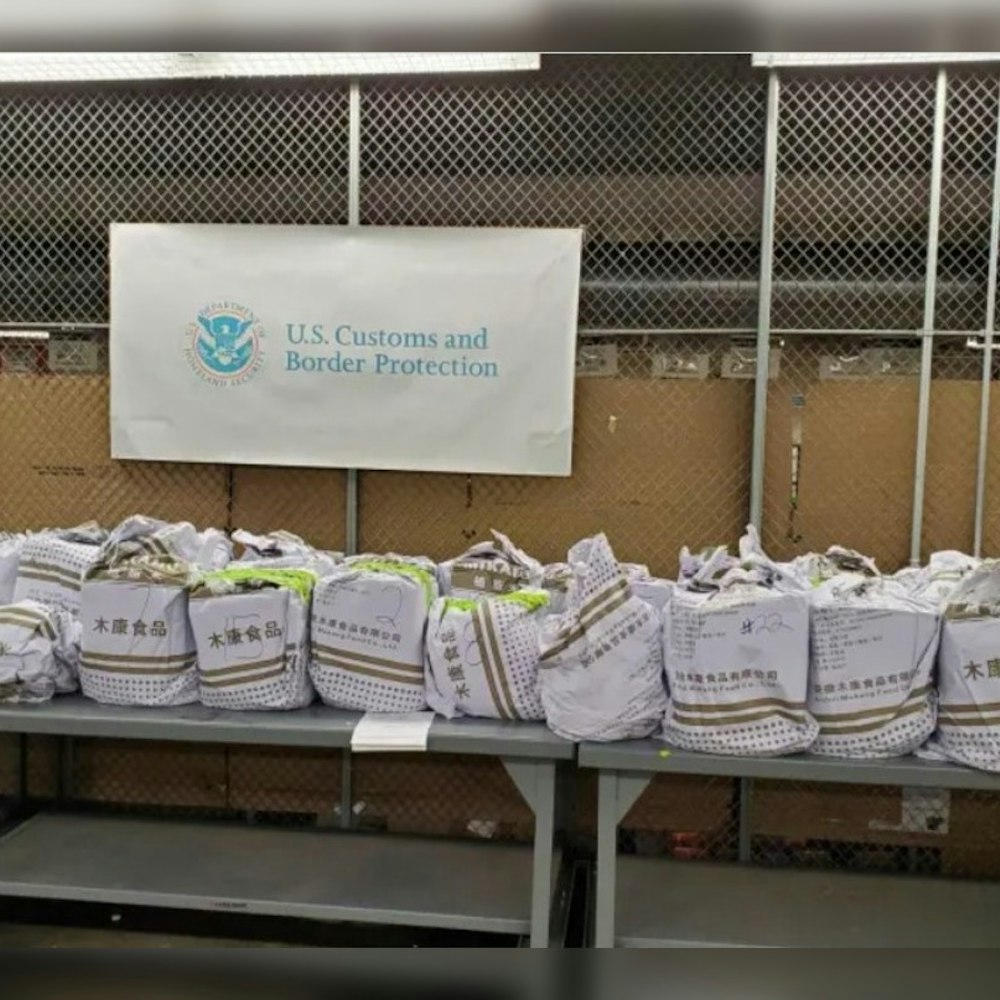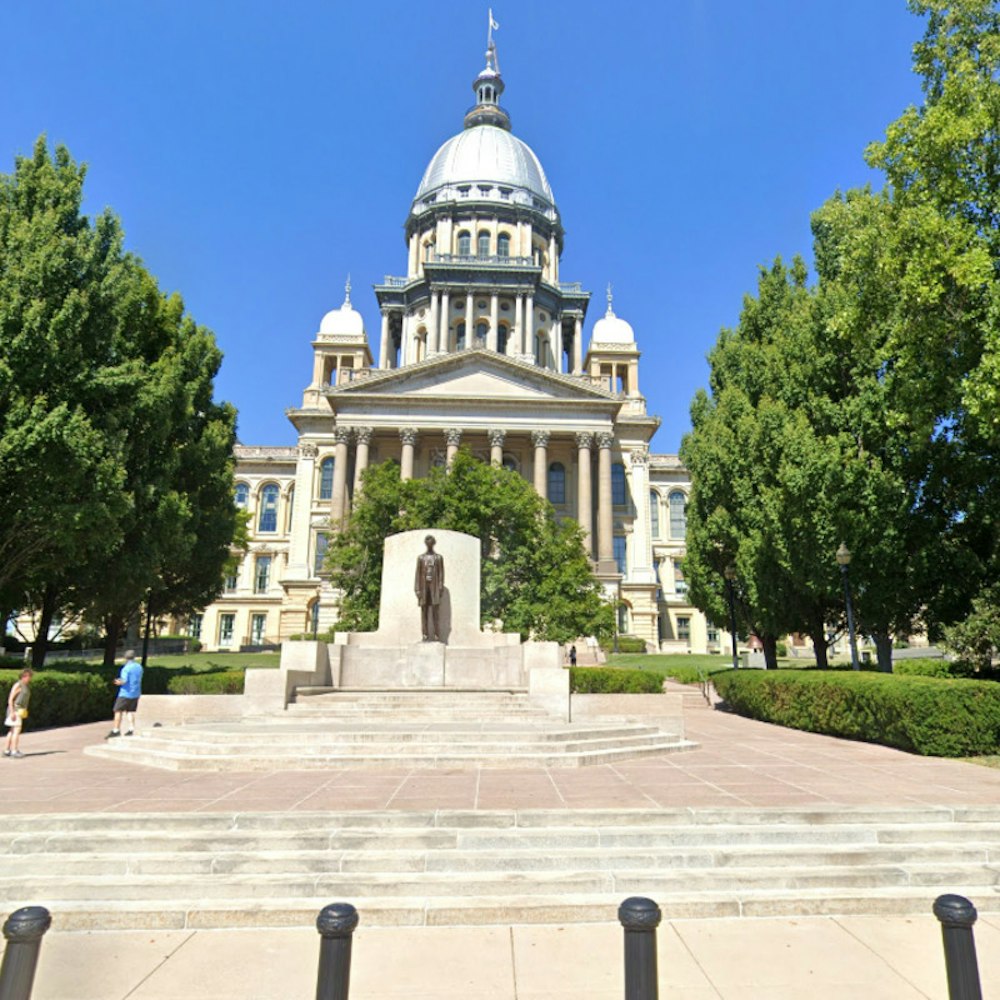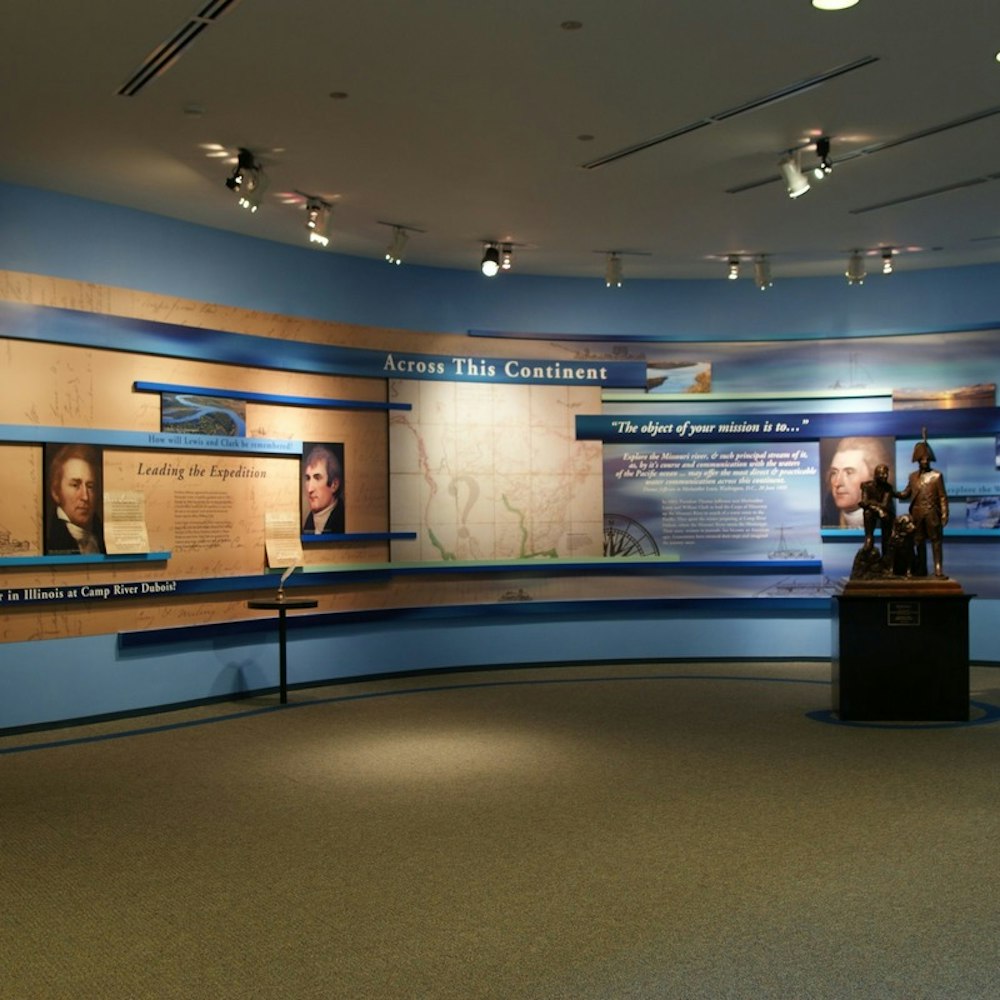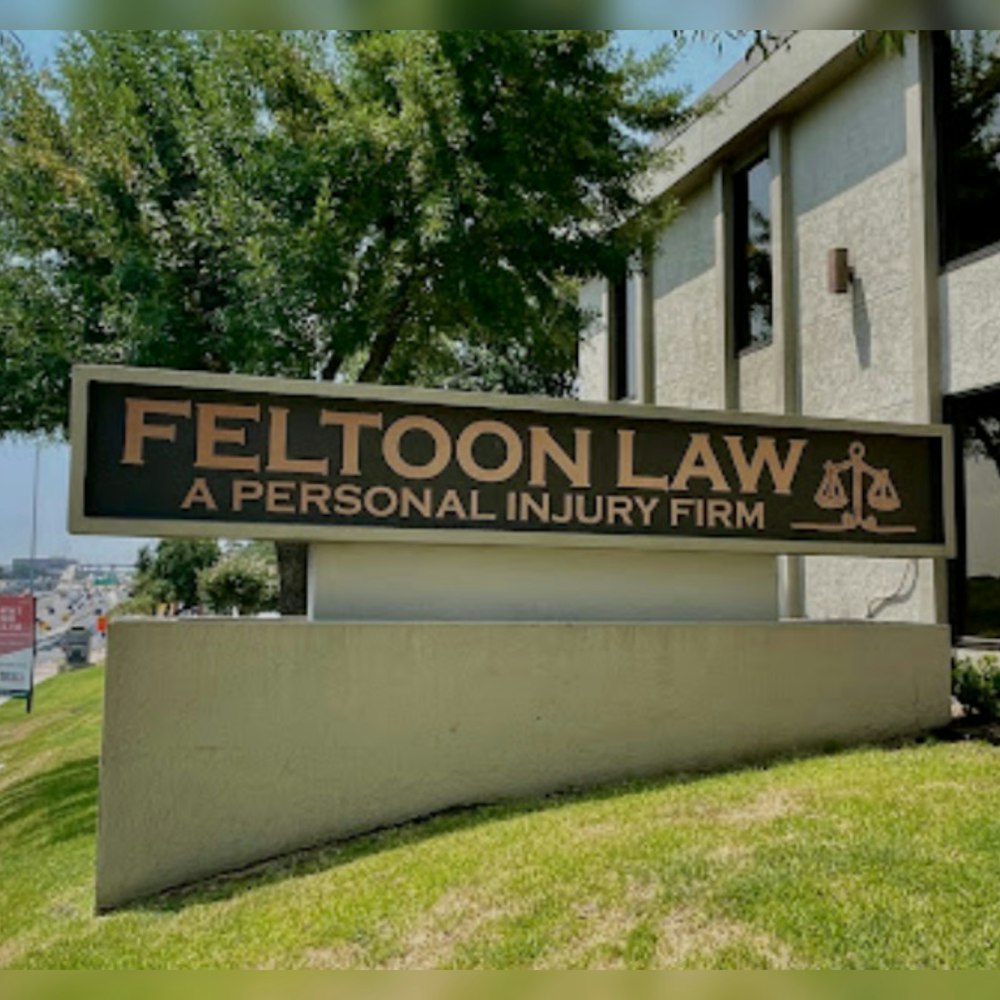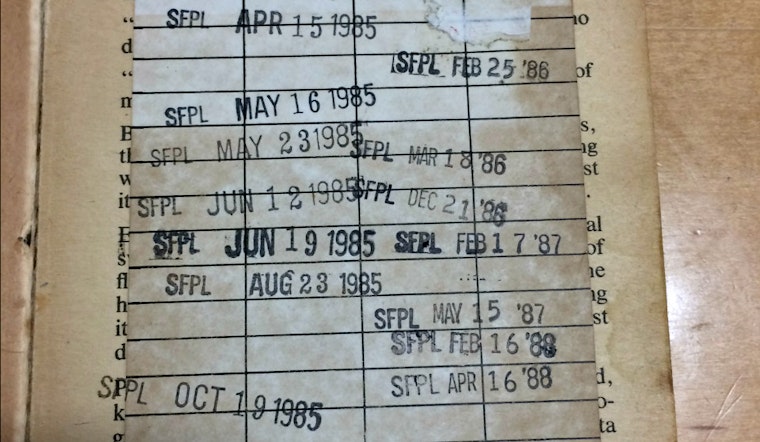
People inherit all kinds of things from their grandparents—including overdue library books.
Luckily for Glen Park resident Anne Crawford, returning a book checked out by her great-grandmother in 1937 didn't mean having to pay the accrued fine.
“She’s buried at Holy Cross Cemetery; good luck getting any money from her,” said Crawford, laughing.
For the first six weeks of 2017, the San Francisco Public Library offered its first fine forgiveness program in eight years, to bring in overdue items back into circulation and offer a clean slate to those who may have erred in the past. From January 3rd through February 14th, all library users who returned long-lost items got a clean slate—no matter how overdue their materials were.
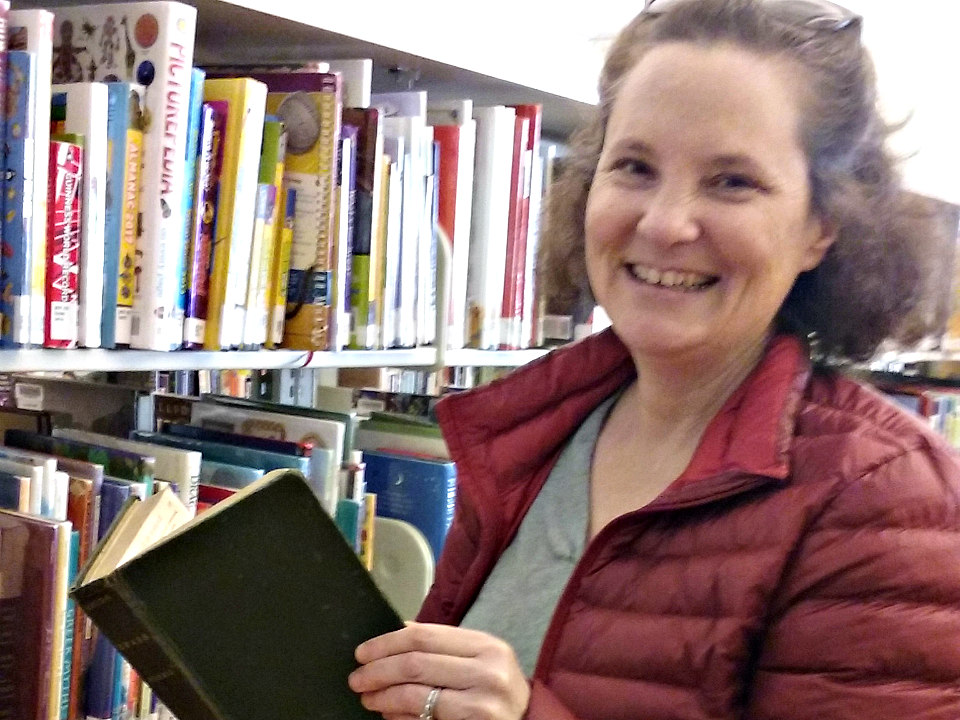
Indeed, the book that Crawford returned—Brass: A Novel of a Marriage—was 80 years overdue.
“I’ve had that book for a long time,” Crawford told us. “It never occurred to me to return it, even after reading about the library’s fine forgiveness program ... I thought they would have discarded it years ago." But after a conversation with a librarian, she decided to bring it in anyway.
Crawford believes the fine forgiveness program is important for getting people back into the city's libraries. “People avoid the library when they feel guilty, and they feel guilty when they have overdue materials and fines,” she said.
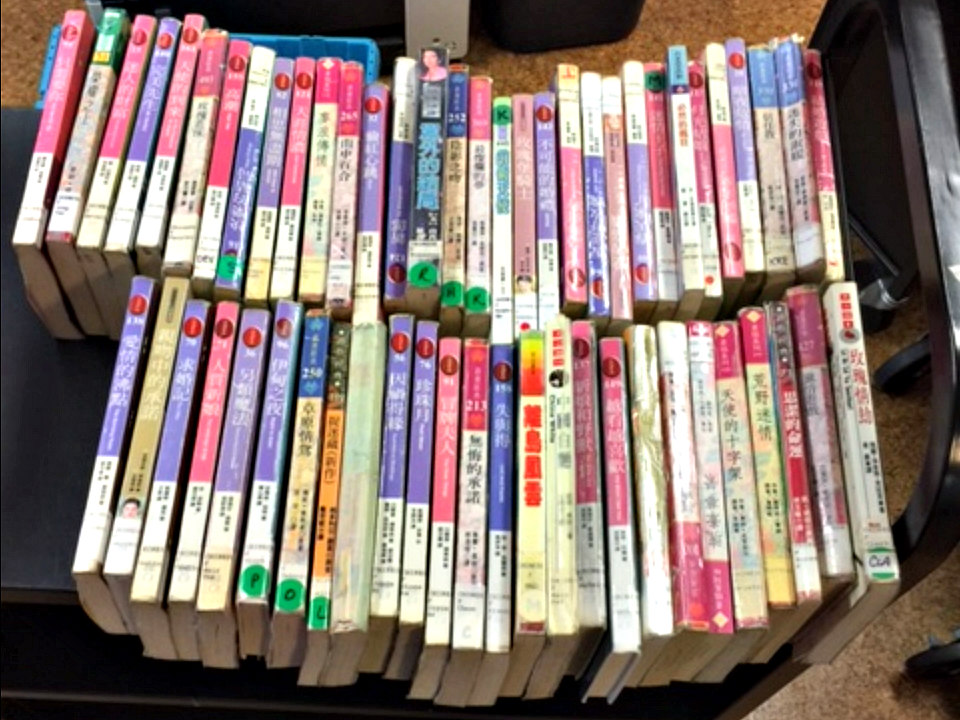
Before the program began in January, roughly 55,000 library users in the Bay Area had their accounts frozen for overdue fees of $10.01 or more. Citizens owed the library over $2,600,000 in fines.
Over six weeks, roughly 700,000 items were returned to the library—far more than in its 2009 and 2001 forgiveness campaigns, which netted 30,000 and 5,000 items, respectively. More than 12,000 of the returned items were overdue by more than 60 days, with a total value of over $235,000.
“The program exceeded our expectations,” said Katherine Jardine, the library’s spokesperson. “It was definitely our most successful campaign.”
The library also forgave far more in overdue fines: $330,000, compared to $50,000 in 2009. As a result, more than 5,000 San Franciscans had their library accounts (and borrowing capabilities) restored.
Jardine said there were plenty of other interesting stories that emerged, including a book called Homosexuality that was checked out by a now-deceased patron in July 1989—and ultimately found in the back of a closet.
Here are the five longest-overdue items that were returned:
40 Minutes Late by F. Hopkinson Smith (due 1917)
Brass: A Novel of a Marriage by Charles Norris (due 1937)
The Currents of Space by Isaac Asimov (due 1953)
The Principles of Biology by Gardiner and Felmister (due 1967)
Billiards at Half Past Nine by Heinrich Boll (due 1968)
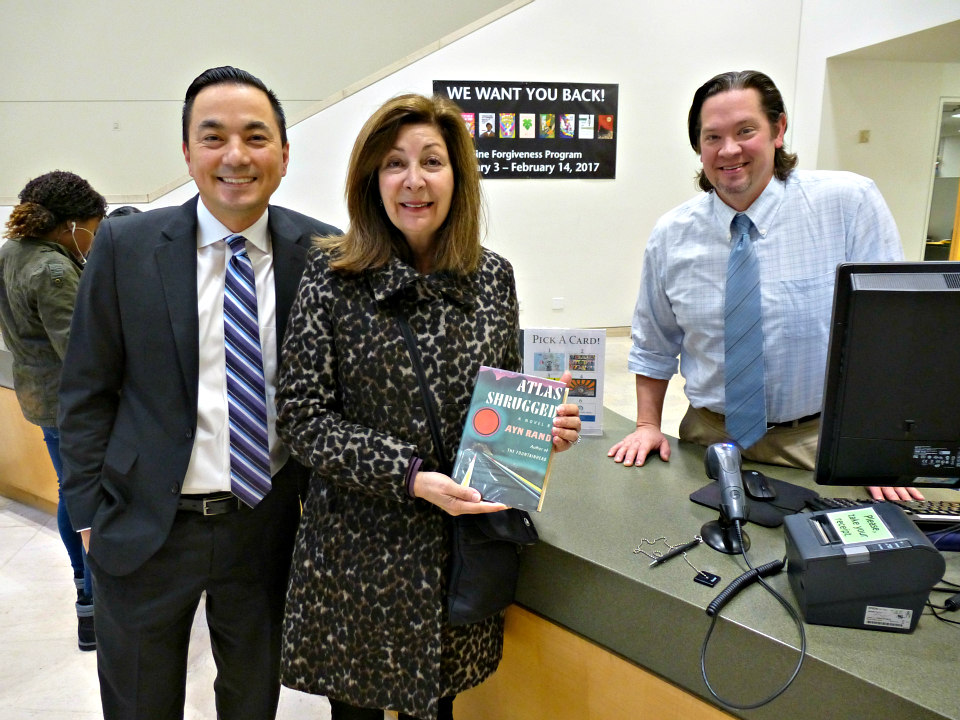
The next fine forgiveness program likely won't take place for another five to 10 years, the library told us.
“We’re excited about welcoming back patrons,” Jardine said. “A fine is a barrier to access, and it’s nice to have patrons back who have been unable to borrow items because of their fines.”
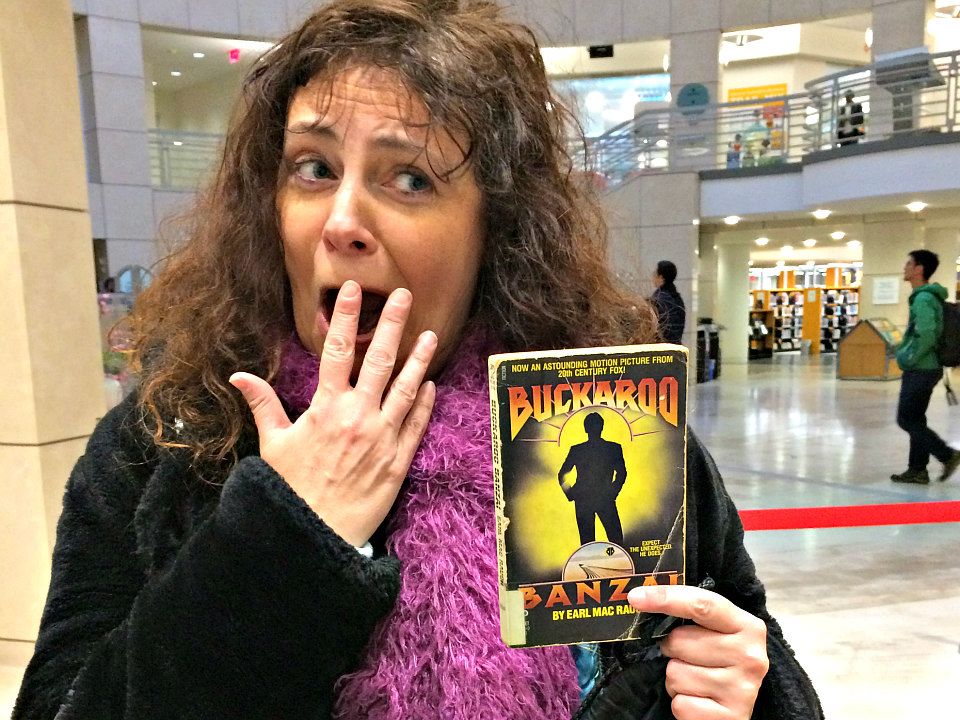
Ryan is one of the many San Franciscans happy to be allowed back in the library with a clear conscience.
“I had over $70 in fines,” said the library patron, who declined to give his last name. “I was in my senior year of high school, and not used to returning books on time, because I was under 18. I got an email saying that my books were overdue and decided that I would never use the library again—I had too many things checked out.”
Now a UCLA student, he said he felt lucky when he heard about the library’s fine forgiveness program.
“The next time I’m in San Francisco and I have time to read books, it will be nice to have the option to go back to the library," he said. “We get a lot of leeway as youth, and this [fine forgiveness] program was a nice segue into adulthood. I have responsibilities now.”
